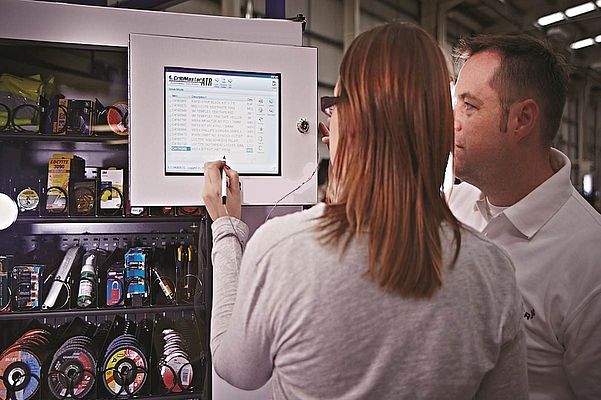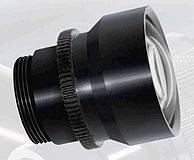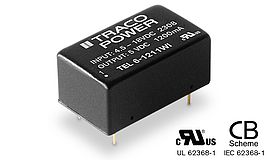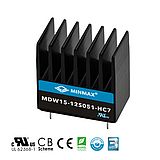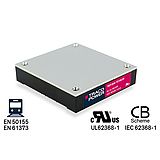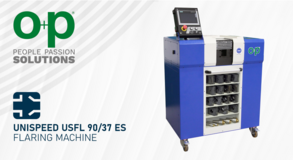The Maintenance Global Service (MGS) consists in transferring the management and execution of Maintenance activities from a customer to a service provider. It is possible to enucleate four basic components of the MGS:
- Definition of maintenance processes: the choice of maintenance policies, cycles and activities;
- Cost centers management: budgeting and accounting of maintenance activities;
- Execution of maintenance activities;
- Spare parts management: technical and consumables maintenance spare parts minimum and maximum stock levels analysis, spare parts technical analysis and criticality assessment and maintenance warehouse transactional data management.
Traditionally the MGS has been structured with a particular emphasis on the first three points, leaving the management of spare parts needed for maintenance activities (also known as "MRO", acronym which stands for Maintenance, Repair and Overhaul) at the boundaries of the service provided. Opposite to this trend, in recent years it is very common to assist to a growing attention to the spare parts management theme that brings the largest firms within the industrial world not to look so much to the figure of the pure reseller than to the general supplier profile. The general supplier is an industrial distribution company to which customers rely both for the purchase of maintenance materials than for a variety of management services which are the main criteria for the choice of suppliers, unlike the products provided that can be found on the open market also to other distributors keeping the same model and manufacturer specifics. The search for a single partner for the provision of maintenance spare parts enables the opportunity to achieve a substantial reduction of the supplier base, allowing a more efficient administrative management of the procurement process, giving benefit to the whole Supply Chain management.
These services are targeted to implement a value proposition that lifts up the level of competition above the traditional logic "pricelistlist - discount", and it is based on the Total Cost of Ownership (TCO) minimization concept. This theory, formulated by Gartner Group in 1987 to assess the costs of "from cradle to grave" asset lifecycle management, can be summarized in three key points, namely the total cost of acquisition, the operating costs (costs of stocks of spare parts, costs of inefficiencies and low performance obtained from parts unsuitable) and the decommissioning costs (this item will significantly affect the rules and laws on environmental issues).
The tools to implement this value proposition can be divided into the following areas:
- Vending solutions: vending machines enable companies that use them to reduce the costs of storage, compared to an increase of the production efficiency (the products are available in proximity of the production or maintenance department, without wasting time just in commuting to the warehouse) and a reduction of the consumption to the only items really needed, reducing waste (any withdrawal from the distributor by customer's employees is traceable);
- On-site assistance: the ability to have one or more contacts, full or part time, at the customer's site allows you to more effectively identify areas for improvement and to coordinate the implementation of integrated services to the customer;
- Quality control of the service: the definition of performance indicators of vendor (KPI, Key Performance Indicator) to regularly discuss and review with the customer ensures transparency and the starting point for the implementation of a continuous improvement policy.
- Services reporting and data management: with the choice of a single supplier for a very wide range of products such as the MRO, the customer (especially if it is a large organization) shares with the general supplier a large amount of data which, thanks to an appropriate use of the reports can provide elements of business intelligence extremely important.
- Services of control, management and outsourcing of stocks: the stores often have maintenance inventory levels oversized. This leads to the increase in fixed assets and the risk of obsolescence of spare parts, the inefficiencies that if resolved can lead to savings for the customer even tens of thousands euros.
Best practice: Inventory Profiling services
Addressing the potential benefits obtainable from engineering of inventory management for organizations is the implementation of the services profiling of stocks (Stock Management). It is possible to distinguish three different types of analyses aimed at defining the optimal inventory levels:
- Outsourcing of the high rotation items management (consignment stock): given the high frequency of consumption of these items, it is possible to reach a win-win solution freeing the customer of a significant fixed asset amount and allowing the service provider access to a business with a good repeatability;
- Redefinition of minimum and maximum stock levels: basing on real consumption data, and not just on purely precautionary considerations, for items with a medium and high rotation index it's possible to tailor optimal minimum and maximum stock levels and to properly redefine the reorder points;
- Identification of the non-movers items: the latter is the items category eligible to become obsolete, identify and dismiss this spare parts can bring to recover an amount of fixed assets up to tens of thousands euros.
In our experience, the of Stock Management services delivery to different customers within different production sectors has led to a reduction in working capital of approximately 40% of the total volume of items usually held in stock. Adding to this advantage the reduction of the purchase price due to the reduction of items to purchase, the increase in the availability of the items actually more frequently needed and the opportunity to consolidate the vendor list it is clear that the advantage is extremely high. In few words these are the advantages that a partner highly experienced in the MRO sector can provide, helping to recover resources that the customer can re-invest in strategic activities with high added value.
Alessandro Pedretti, Operations Officer, Brammer Italia S.r.l.
Ioannis Pipidis, European Key Account Inventory Advisor, Brammer plc


